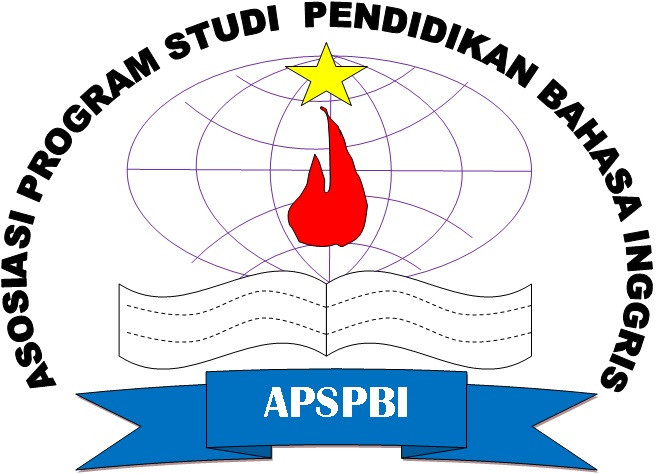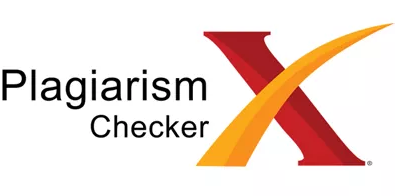The Use of Social Media for English Language Learning: An Exploratory Study of EFL University Students
Abstract
Keywords
Full Text:
PDFReferences
Al-Ali, S. (2010). Embracing the selfie craze: exploring the possible use of instagram as a language mlearning tool. Issues and Trends in Educational Technology, 2(2), 34–53.
Al Arif, T. Z. Z. (2019). Indonesian University Students’ Perception and Expectation towards ICT Use in Learning English as a Foreign Language. Indonesian Journal of English Language Teaching and Applied Linguistics, 4(1), 133–145.
Annamalai, N. (2017). Exploring Students Use of Facebook in Formal Learning Contexts. Indonesian Journal of EFL and Linguistics, 2(2), 91–106.
Asmara, R., Kusumaningrum, W.R., Wulansari, A., Munirah, M., Hersulastuti, H. (2018, December). Measuring the Effect of A Flipped Classroom Model on Critical Thinking Skills. Paper presented at the 2nd Workshop on Language, Literature and Society for Education, Surakarta, Indonesia. Abstract retrieved from https://eudl.eu/doi/10.4108/eai.21-12-2018.2282743
Ayuningtyas, P. (2018). Whatsapp: Learning on the go. Metathesis: Journal of English Language, Literature, and Teaching, 2(2), 159–170. https://doi.org/10.31002/metathesis.v2i2.629
Balbay, S., & Kilis, S. (2017). Students’ perceptions of the use of a youtube channel specifically designed for an academic speaking skills course. Eurasian Journal of Applied Linguistics, 3(2), 235–251.
Chou, C. M. (2014). Social media characteristics, customer relationship and brand equity. The Journal of Applied Business and Economics, 16(1), 128–145.
Creswell, J. W. (2014). Research Design: Qualitative, Quantitative, and Mixed Methods Approaches (4th ed.). California: SAGE Publications, Inc.
Habibi, A., Mukminin, A., Riyanto, Y., Prasojo, L. D., Sulistiyo, U., Sofwan, M., & Saudagar, F. (2018). Building an online community: Student teachers’ perceptions on the advantages of using social networking services in a teacher education program. Turkish Online Journal of Distance Education, 19(1), 46–61.
Kaplan, A. M., & Haenlein, M. (2010). Users of the world, unite! The challenges and opportunities of Social Media. Business Horizons, 53(1), 59–68.
Khaloufi, A., & Laabidi, H. (2017). An Examination of the Impact of Computer Skills on the Effective Use of ICT in the Classroom. Indonesian Journal of EFL and Linguistics, 2(1), 53–69.
Liu, Y. (2010). Social media tools as a learning resource. Journal of Educational Technology Development and Exchange (JETDE), 3(1), 8–22.
Lizamuddin, A., Asib, A., & Ngadiso, N. (2019). Indonesian English Learners’ Perception of The Implementation of Mobile Assisted Language Learning in English Class. Metathesis: Journal of English Language, Literature, and Teaching, 3(1), 70–77. https://doi.org/10.31002/metathesis.v3i1.1252
Monica, & Anamaria, P. (2014). The Impact of Social Media on Vocabulary Learning Case Study-Facebook. Annals of the University of Oradea, Economic Science Series, 23(2).
Murray, D. E. (2005). Technologies for second language literacy. Annual Review of Applied Linguistics, 25(1), 188–201.
DOI: https://doi.org/10.31002/metathesis.v3i2.1921
Refbacks
- There are currently no refbacks.

This work is licensed under a Creative Commons Attribution-ShareAlike 4.0 International License.
Metathesis: Journal of English Language, Literature, and Teaching is published by English Education Department, Faculty of Teacher Training and Education, Universitas Tidar, Magelang, Indonesia in collaboration with Asosiasi Program Studi Pendidikan Bahasa Inggris Se-Indonesia (APSPBI)
ISSN: 2580-2712 (print) and 2580-2720 (online)
Jalan Kapten Suparman 39 Magelang, Jawa Tengah, Indonesia 56116
Phone (0293) 364113 Fax (0293) 362438













